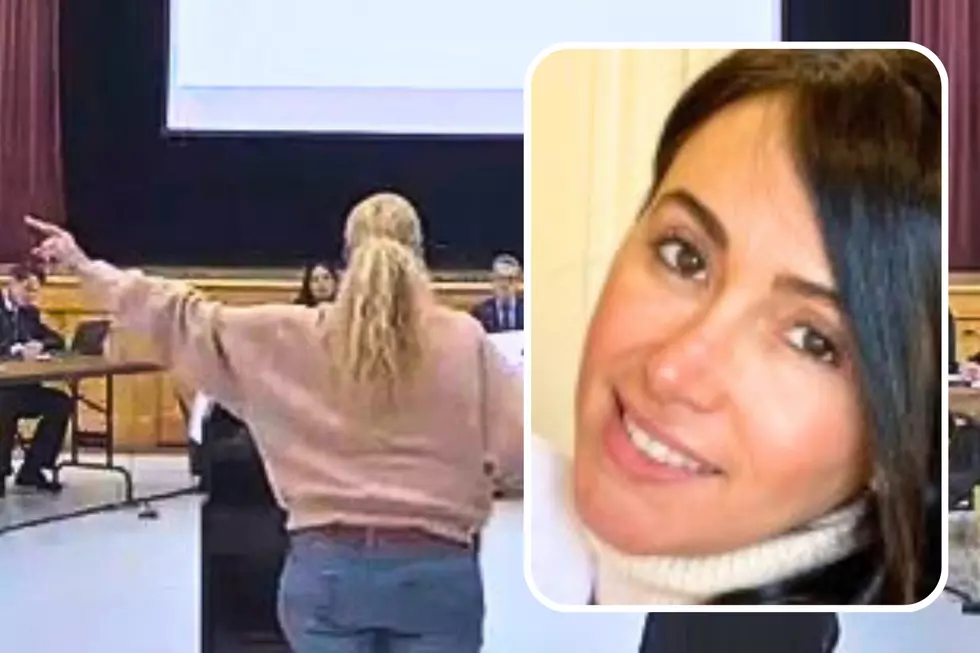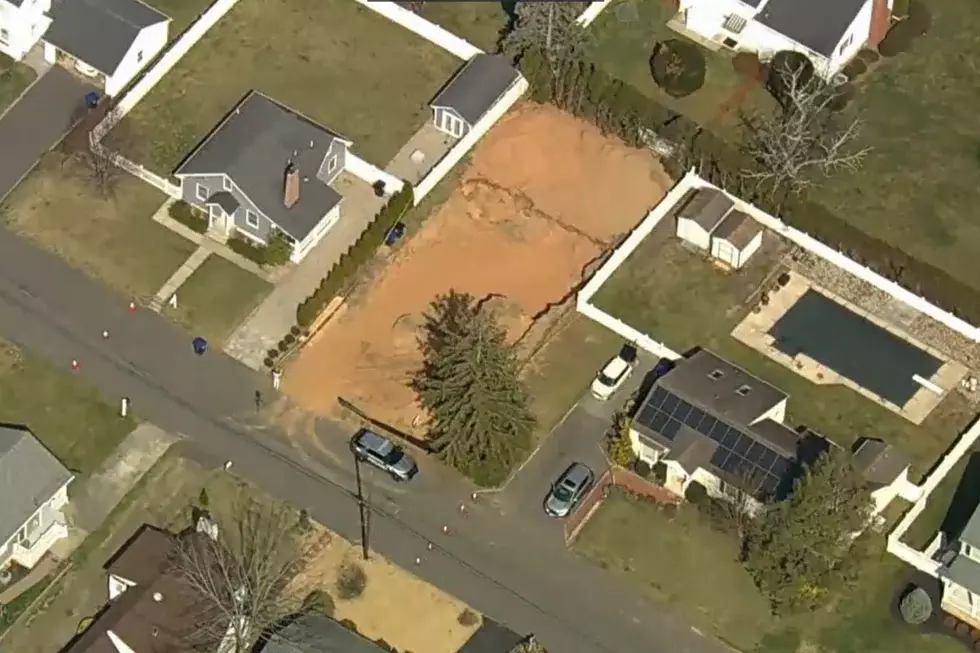
Homeless man, killed by car, spent last year trying to rebuild his life
LAKEWOOD — Like many people, Ray Cattonar saw the video last year of homeless Lakewood resident Ron Leggatt pouring a cup of hot coffee over his head in exchange for $5, and was shocked.
"His story was really tragic. He was living outside. It really hit us hard that somebody would be that desperate to pour coffee over his head for five bucks," Cattonar said.
Cattonar, moved to help by the video, struck up a friendship with Cattonar that lasted until the Lakewood man was struck and killed by a car over the weekend near the baseball field dugout where he used to sleep. He also helped find the man housing and would even give him money to buy lottery tickets, which he learned was a favorite pastime of Leggatt's.
"It was tearing me apart that the man had no place to live," he said. "When you met the man, it made you want to do more for him because he was just a kind soul."
The Rev. Steve Brigham said he had first met Leggatt eight or nine years ago while Brigham was helping at Lakewood's Tent City. The reverend said Leggatt made a lasting impression on him, which was why seeing the coffee video hurt him that much more.
"Ron is a very passive, very friendly fellow," he said. "For somebody to have an insult like that perpetrated against him it really makes the blood boil a little bit more. When it's somebody that's so nice and passive as Ron was, I was very upset what had happened."
When he met Leggatt, Cattonar was going through his own struggles, as he had been diagnosed with a rare form of cancer. After defying the odds and overcoming the cancer, he said, he wanted to see the homeless man also have a better life.
"I spent a decent amount of time with him. For a guy that's disadvantaged he was really fun to be with," he said, calling Leggatt "one of those guys you hang around all day and all of a sudden a day goes by."
One of Cattonar's first steps to helping Leggatt was to set up a GoFundMe page that raised thousands of dollars. Beyond that, he said, he wanted to get Leggatt into at least temporary housing.
"My plan was to get him housing, to get him enough funds where he would be housed longterm," Cattonar said. "That was my plan from day one."
What Cattonar found instead of a quick fix to Leggatt's problems was what he called an "arduous" process.
"I didn't know the system. I figured I could get him temporary housing by the county and let them figure it out," Cattonar said. "It was disturbing when taking him for services that there isn't any."
He said it took weeks for real progress to be made, including making arrangements with Leggatt's ex-wife to clear up years of back child support, which then allowed Leggatt to get more Social Security funds and other resources as well.
Brigham said in the days following the video going viral, he and others helped Leggatt to stay at a local motel — but when that became too expensive other housing became needed. That included a place in Point Pleasant, but because it did not allow drinking, Legatt was forced to move.
He eventually ended up at the Lexington Manor in Lakewood, where Brigham said he lived for several months.
"The conditions weren't real great for Ron there, but at least they had heat, they had shelter, he had a roof over his head, and some of the basics," Brigham.
Cattonar said working with Advanced Behavioral Health, they were able to get Leggatt housing subsidized by Social Security.
Brigham said that while the way Leggatt's situation came to light was a heartbreaking thing to see it was positive to see total strangers rally behind him.
"That restores your faith in the human race when you see things like that happening, people rallying and supporting him, and helping him with his basic needs," he said.
The reverend said he first learned Leggatt had died on Saturday morning as he was preparing to hold an event for the homeless in Lakewood.
"There was about six there and there was definitely a dark cloud over the square," he said. "Ron was definitely a very positive person. He had no enemies. He knew how to make people feel good. he was always positive with his communication, so all the homeless that knew him they were extremely downhearted and feeling the pain."
Cattoner said it was very hard to get the news that Leggatt had died.
"It really hurt me tremendously when I ended up finding out," he said. "It kind of took me like two days just to really digest it."
His friend may be gone, but Cattonar said meeting Leggatt has made helping the homeless a passion of his that he expects to continue for a long time.
"The beauty of this is the community," he said. "I've got dozens of people that have donated bicycles, asking what do they need, and Ron really was the beginning I think with all that type of press."
Cattonar said that while there are lots of organizations soliciting goods and money for the homeless and other groups, there is a special feeling to see the people get the things they need and put them to good use.
"When you donate a bicycle, bring it to the tent city, and snap a photo of them holding a bicycle it's a good feeling for everybody," he said.
And while he will miss his friend, Cattonar said he will always remember the time they spent together.
"Recovering from cancer at the same time it was wonderful. You couldn't have asked for a better therapy than that to do," he said. "I never felt sorry for myself, I didn't need that, but when you see other people that disadvantaged, all of a sudden nobody has it that bad."
More from New Jersey 101.5
More From New Jersey 101.5 FM









